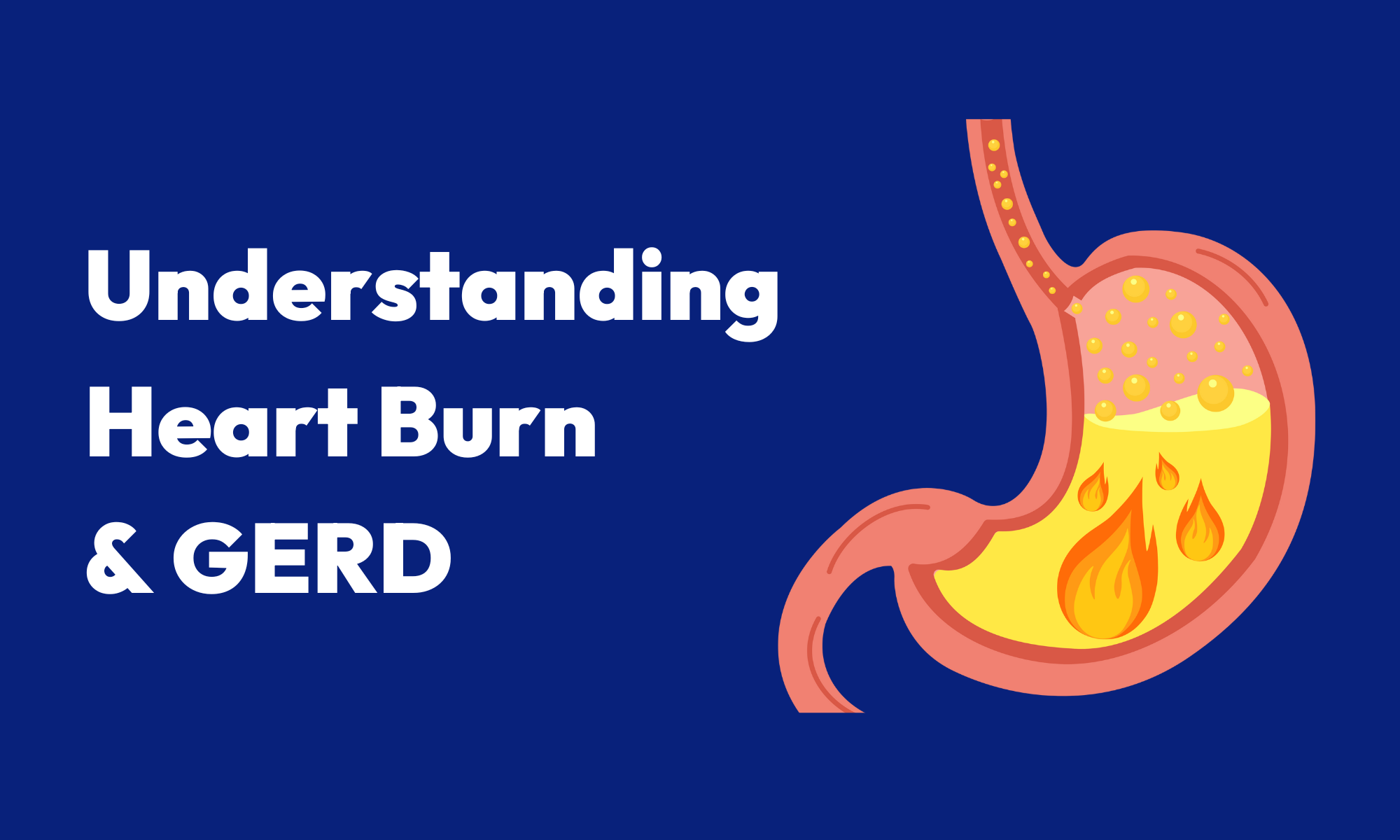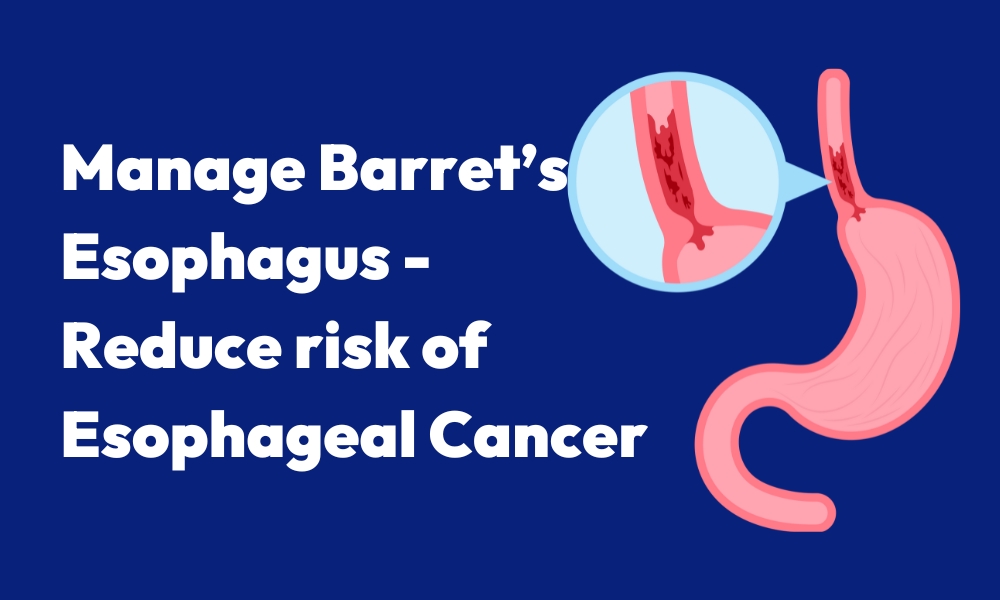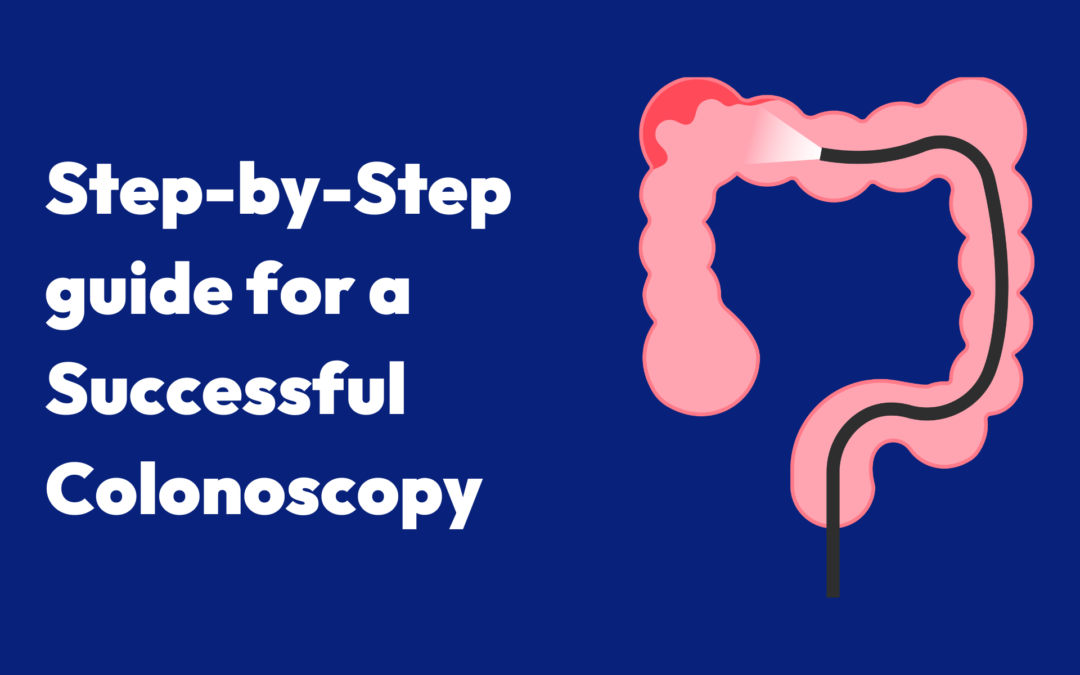Have you ever experienced a searing sensation in your chest that rises like a fiery dragon, leaving you feeling breathless and uncomfortable? It strikes when you least expect it – after a big meal, during a stressful day, or in the middle of the night — a common digestive issue affecting millions worldwide. Often mistaken for a heart attack, heartburn can trigger fear and anxiety alongside physical discomfort.
If you’re one of the estimated 20% of Americans struggling with chronic heartburn or acid reflux, you know the burning discomfort that can severely impact daily life. However, by understanding the truth behind heartburn and its close relative, GERD (Gastroesophageal Reflux Disease), you can reclaim control and find lasting relief.
Heartburn & GERD: Understanding the Cause of the Burn
Heartburn refers to irritation of the esophagus when stomach acid frequently flows back up or refluxes into the pipe connecting your mouth and stomach. This burning discomfort generally develops after eating triggering foods and can range from mild to severe. Acid reflux describes this backward flow that often manifests as heartburn.
Gastroesophageal Reflux Disease (GERD) denotes a more severe and chronic form of acid reflux that impairs quality of life at least twice weekly, despite treatment. While anyone can periodically experience acid reflux after a heavy, problematic meal, GERD symptoms persist longer term in the absence of contributing factors.
Both heartburn and GERD result from malfunction of the lower esophageal sphincter (LES). This vital ring-shaped muscle typically stays tightly closed to prevent food and acidic digestive juices from flowing back up. But in GERD, the LES relaxes inappropriately, allowing reverse flow.
Stomach acid leaks up into the esophagus, causing characteristic burning sensations. Over time, the continuous acid bath damages the esophagus lining which is not suited to handle acid like the stomach. If untreated, This can lead to permanent injury like narrowing or precancerous cell changes. While chest pain can be concerning, it is crucial to differentiate it from heart attack symptoms like radiating pain, shortness of breath, and sweating.
Unmasking the Symptoms: Recognizing the Burning Truth
While the burning sensation in the chest is the most common symptom of heartburn, GERD can manifest in various ways, including:
- Acidic taste in the mouth: This unpleasant taste arises from stomach acid regurgitating into the mouth, leaving a bitter or sour aftertaste.
- Difficulty swallowing: The inflammation caused by acid reflux can irritate and narrow the oesophagus, making eating difficult and uncomfortable.
- Belching and bloating: As stomach acid backs up into the esophagus, it can cause bloating and belching, leading to increased discomfort and a feeling of fullness.
- Nausea and vomiting: In severe cases, the refluxed stomach acid can irritate the stomach lining, leading to nausea and vomiting.
- Chest pain: The burning sensation in the chest can vary in intensity and location, sometimes mimicking a heart attack.
- Regurgitation: Food or liquids can flow back into the mouth, leading to a sour taste and heartburn.
- Hoarseness: Acid reflux can irritate the vocal cords, leading to hoarseness and voice changes.
- Chronic cough: Persistent cough can be a symptom of acid reflux, especially when lying down.
Reach out to us for best digestive health care
We are top gastroenterology medical clinic in Shavano Park, Texas. Don’t take our word for it, check out our reviews
👉 here.
Beyond the Burn: Finding Relief and Reclaiming Your Wellbeing
Managing heartburn and GERD doesn’t have to be a constant struggle. You can find relief and reclaim your digestive health by implementing effective strategies. Here are some best practices to consider:
Dietary Modifications:
- Identify and avoid trigger foods: Certain foods can relax the LES and worsen heartburn symptoms. Common triggers include spicy, fatty, acidic, and fried foods. Keeping a food diary can help you identify your personal triggers and tailor your dietary choices accordingly.
- Embrace smaller, more frequent meals: Overfilling your stomach puts pressure on the LES, increasing the risk of acid reflux. Opting for smaller, more frequent meals throughout the day can help to manage stomach pressure and reduce symptoms.
- Chew thoroughly: Proper chewing breaks down food into smaller particles, making it easier to digest and reducing the burden on your stomach and LES.
Lifestyle Changes:
- Maintaining a healthy weight: Excess weight can put pressure on the abdomen, pushing stomach acid into the esophagus. Maintaining a healthy weight through diet and exercise can significantly reduce heartburn symptoms.
- Elevate the head of your bed: Gravity can be your ally in the fight against heartburn. Elevating the head of your bed by 6-8 inches can help prevent stomach acid from refluxing into the esophagus while you sleep.
- Manage stress: Stress can exacerbate heartburn symptoms. Incorporating stress management techniques like yoga, meditation, or deep breathing exercises can help to relax the body and mind, reducing the risk of heartburn attacks.
- Avoid smoking and alcohol: Smoking relaxes the LES and irritates the esophagus, while alcohol increases stomach acid production. Quitting smoking and limiting alcohol consumption are crucial for managing heartburn and preventing further complications.
Over-the-counter medications:
Over-the-counter medications can offer temporary relief from heartburn symptoms. Some common options include:
- Antacids: These medications neutralize stomach acid, quickly relieving heartburn pain. Examples include Tums, Rolaids, and Mylanta.
- H2 blockers: These medications reduce stomach acid production, offering longer
Emotional and Physical Burdens of Chronic Heartburn
For those with regular reflux, the sheer anticipation of burning pain can breed anxiety around planned activities. Fear of unpredictable flare-ups interfering with special events or ruining mealtimes burdens wellbeing. Sufferers withdraw socially to avoid triggering their favourite off-limit comfort foods.
When searing heartburn interrupts sleep, inadequate rest snowballs into daytime exhaustion, mental fog and impaired concentration. Work productivity and performance falters. Meanwhile, the calcium lost from teeth bathing in stomach acid surfaces in the form of tooth decay or gum disease over months and years.
Left neglected without proper treatment, the inflamed esophagus lining will transform into a precancerous condition called Barrett’s esophagus in 5-10% of chronic GERD cases after many years. This damages cells, heightening esophageal cancer risk 30 to 125 fold compared to the general population if unchecked.
The emotional and physical tolls accumulate insidiously. Yet the importance of early intervention cannot be overstated when untreated reflux provokes chronic insomnia, malnutrition, dental erosion and malignancy down the road. Prioritizing holistic GERD treatment equates to reclaiming wellness.




